Choosing the right tax structure for your business can save you thousands of dollars each year, and understanding the difference between IRS pass through, S-corporations (S-corps) and C-corporations (C-corps) tax designations can be daunting.
C-Corporations:
- Taxation: C-corps are taxed as separate entities. They pay corporate income tax on their profits, and then shareholders pay taxes again on any dividends they receive. This can lead to double taxation.
- Ownership: C-corps can have an unlimited number of shareholders, including corporations, trusts, and foreign entities. They can also offer various classes of stock with different voting rights and privileges.
- Formalities: C-corps require stricter formalities, including annual meetings, board of directors, and detailed recordkeeping.
S-Corporations:
- Taxation: S-corps are pass-through entities. The corporation itself doesn’t pay corporate income tax. Instead, profits and losses flow through to the shareholders and are reported on their personal tax returns. This can potentially avoid double taxation.
- Ownership: S-corps have stricter ownership limitations. They can only have a maximum of 100 shareholders, all of whom must be U.S. citizens or permanent residents. Only one class of stock is permitted, with equal voting rights.
- Formalities: S-corps still require some formalities, but they are less stringent than C-corps.
Pass Through Entities:
- Taxation: Pass-through entities function just like S-Corporations in that all income passes through to the owners.
- Ownership: Pass-through entities have no ownership limitations and each owner receives a tax form at the end of the year relative to their ownership.
- Formalities: There are no formalities to a pass through entity and this is the default unless another option is chosen.
Choosing the Right Structure:
The ideal choice in tax designation depends on your specific business needs:
- Tax Savings: If minimizing potential double taxation is a priority, an S-corp may be advantageous, especially for businesses with a small number of shareholders.
- Growth Potential: If you anticipate raising capital from numerous investors or offering different stock options, a C-corp provides greater flexibility.
- Compliance Requirements: C-corps involve stricter formalities and regulations, while S-corps offer a simpler structure and pass-through entities provide the greatest freedom.
Ultimately, consulting with a tax professional and attorney is crucial to determine the most suitable tax structure for your specific circumstances.

